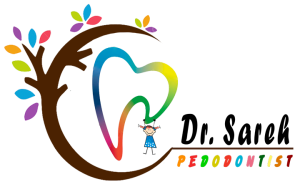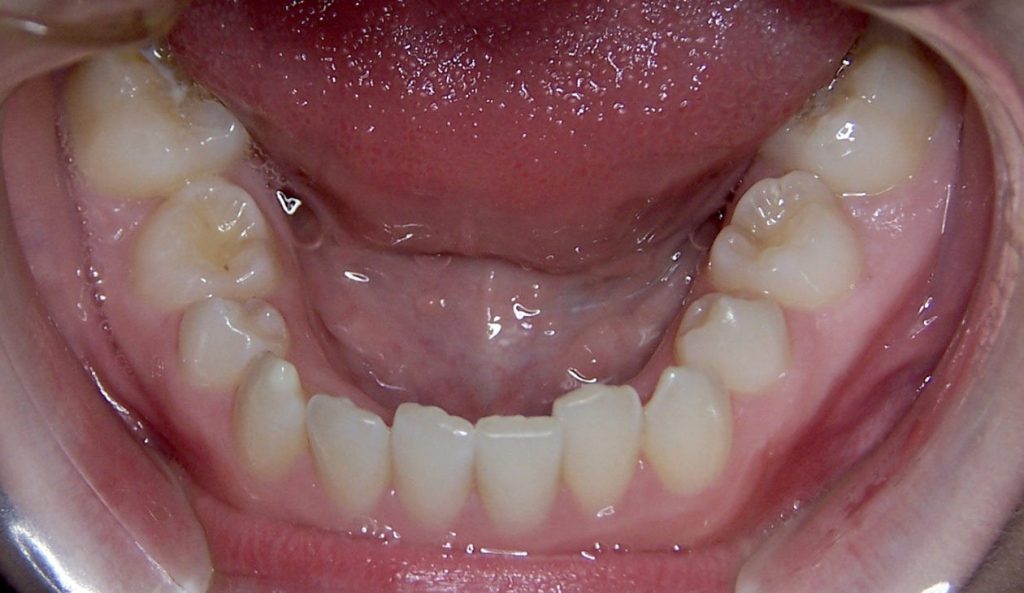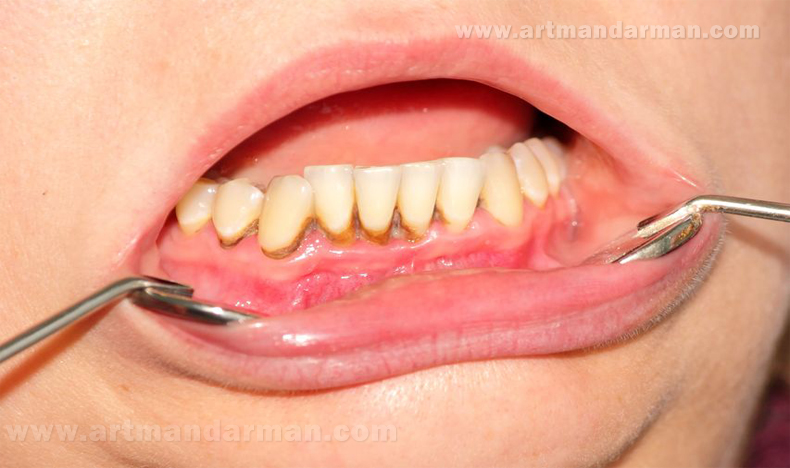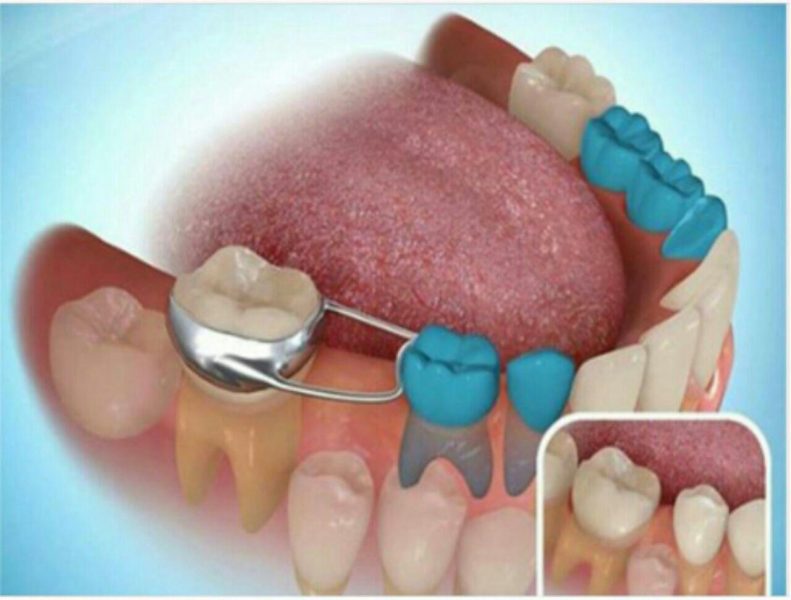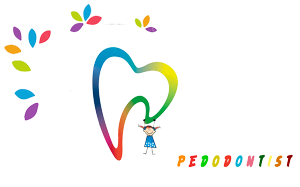Introduction
Babies bring joy and happiness into our lives, and their tiny smiles, adorned with their first set of teeth, mark an important phase in their development
Baby teeth, scientifically known as primary or deciduous teeth, are crucial for chewing and speech development and laying the groundwork for future dental health
Among the various aspects of pediatric dentistry, understanding baby tooth occlusion is fundamental for ensuring a child’s oral well-being
?What Is Baby Tooth Occlusion
Occlusion refers to the alignment and contact between the upper and lower teeth when the jaw is closed
Baby tooth occlusion primarily deals with the alignment of these primary teeth, impacting the child’s bite and jaw development
It involves ensuring that the baby’s teeth are correctly positioned and fit together harmoniously when biting and chewing
Factors Influencing Baby Tooth Occlusion
:Several factors can affect the alignment of baby teeth, influencing their occlusion
Eruption Sequence: The order in which baby teeth emerge is crucial. Any deviation from this natural eruption pattern might affect the alignment of subsequent teeth, leading to potential occlusal issues
Habits and Behaviors: Thumb sucking, pacifier use, or prolonged bottle use can impact baby tooth alignment. Prolonged habits may result in misalignment or affect proper occlusion
Genetics: Family history and genetics play a role in determining dental alignment. Some children may inherit traits affecting their baby tooth occlusion
Trauma or Injury: Accidents or injuries to the mouth or jaw during childhood can influence the alignment of baby teeth, potentially causing irregular occlusion
Common Occlusal Issues in Baby Teeth
Baby tooth occlusion issues can manifest in various ways
Crowding: Inadequate space in the dental arch can lead to overcrowding, causing misalignment among baby teeth
Misplaced Teeth: Some baby teeth might emerge out of alignment, impacting the positioning of neighboring teeth
Spacing Problems: Gaps between baby teeth or excessively spaced teeth can affect occlusion and future dental alignment
Impacted or Missing Teeth: Problems with the eruption or absence of certain baby teeth can influence occlusion and the positioning of permanent teeth

Ensuring Healthy Baby Tooth Occlusion
Ensuring healthy baby tooth occlusion involves proactive measures and vigilant care to support proper alignment and development of primary teeth
Here are essential strategies
Early Dental Monitoring
Initiating regular dental visits from the eruption of the first baby tooth or around the child’s first birthday is crucial
These routine check-ups allow dentists to track the eruption sequence, assess alignment, and identify potential occlusal concerns early on
Regular monitoring ensures timely intervention if any issues arise, promoting healthy tooth alignment
Promoting Oral Hygiene
Encouraging good oral hygiene habits from infancy is fundamental
Using a soft, damp cloth to wipe the baby’s gums after feeding helps maintain oral cleanliness
As teeth emerge, gentle brushing with an age-appropriate toothbrush and fluoride toothpaste, under parental supervision, helps
prevent decay and supports proper tooth alignmen
Habit Management
Discouraging prolonged habits like thumb sucking, prolonged pacifier use, or tongue thrusting is essential
These behaviors, if persistent, can impact the alignment of baby teeth, leading to potential occlusal problems
Providing positive reinforcement and guidance to break these habits supports healthy tooth development
Orthodontic Assessment and Intervention
In cases where significant occlusal irregularities are observed, seeking an orthodontic assessment is prudent
Orthodontists specialize in assessing dental alignment and can provide guidance on interventions or treatments to correct any emerging issues
Early orthodontic intervention, if necessary, can prevent complications and promote optimal alignment for permanent teeth
The Importance of Managing Baby Tooth Occlusion
Early intervention and management of baby tooth occlusion issues are vital for several reasons
Speech Development: Properly aligned baby teeth aid in speech development, ensuring clear pronunciation and language development
Bite and Chewing Function: Well-aligned baby teeth contribute to effective biting and chewing, enabling the child to consume a varied and nutritious diet
Preventing Future Dental Issues: Addressing occlusal problems in baby teeth can prevent potential complications in the alignment of permanent teeth
Conclusion
Understanding and managing baby tooth occlusion play a crucial role in promoting a child’s overall dental health
Early detection, regular dental check-ups, promoting good oral habits, and seeking professional guidance when necessary are key to maintaining optimal baby tooth alignment
Properly aligned baby teeth set the stage for healthy permanent teeth and a radiant smile, contributing to a child’s confidence and well-being
https://www.aapd.org/globalassets/media/policies_guidelines/bp_developdentition.pdf
